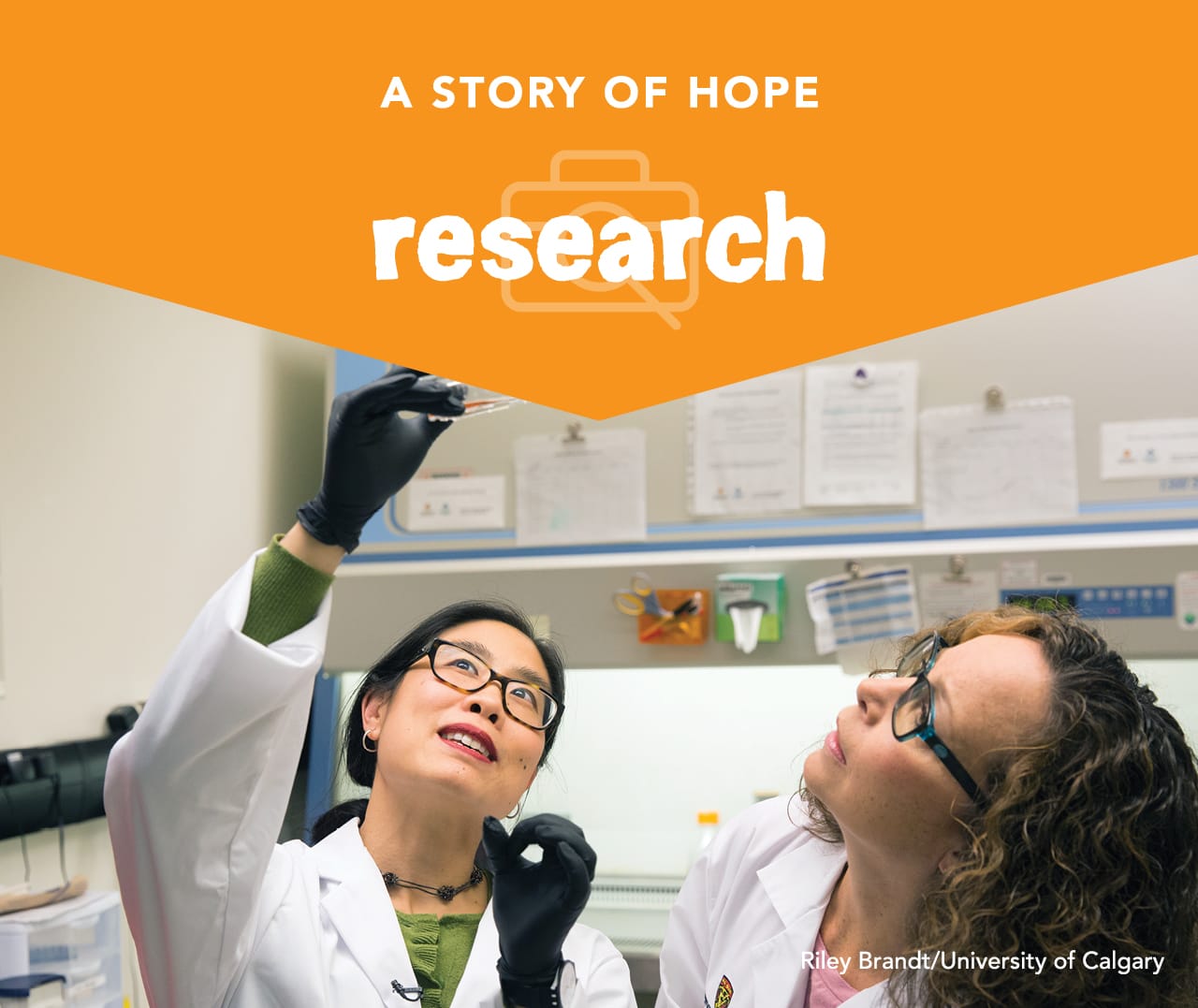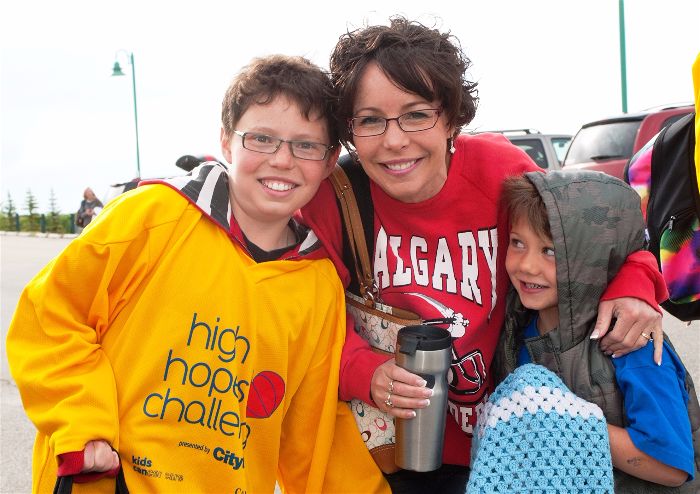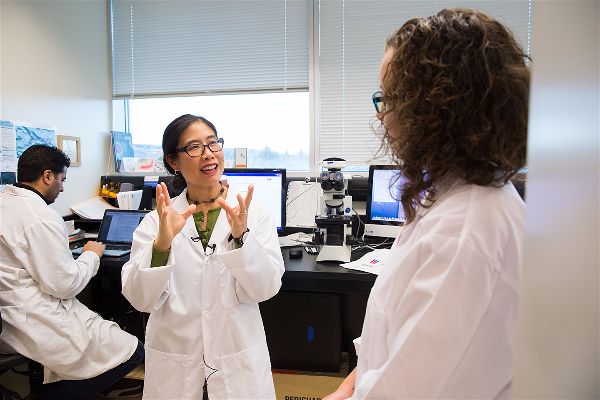
“It’s one of the most difficult discussions I had with Joel, figuring out how to tell him there was no more hope in his cancer battle. But he didn’t give up. He kept trying. That’s why research is important. You can’t give up.” – Ed Zukowski
Joel Zukowski was 10 years old when he was diagnosed with medulloblastoma, a pediatric brain cancer. Just when they thought he was out of harm’s way, Joel relapsed. He was 15 years old and had exhausted all treatment options. After a long, courageous fight, Joel passed away on October 3, 2015 at the age of 16.

No amount of research could have saved Joel after he relapsed, but his parents Ed and Dale Zukowski are still grateful to research. “We think about the day Joel was first diagnosed,” says Dale. “What if there was no understanding of chemotherapy, or radiation or surgery at that time. If they didn’t do research, Joel may not have made it more than six months after being diagnosed.”
With your support, Kids Cancer Care is partnering in a new pan-Canadian research effort that was designed with kids like Joel in mind. It’s called Terry Fox PROFYLE and it is the first time in Canadian history that more than 30 children’s cancer research and funding groups have joined forces to give kids like Joel a second chance. Your support helped make it possible. Short for PRecision Oncology For Young People and spearheaded by the Terry Fox Research Institute (TFRI) in Vancouver, PROFYLE scientists are establishing molecular profiles of patient tumours that have resisted conventional therapies in order to identify new avenues for treatment.
Dr. David Malkin, based at Toronto’s Hospital for Sick Children (SickKids) is the project lead. He says PROFYLE brings together the nation’s entire pediatric and young adult clinical and research expertise to offer precision medicine in a way that has never before been offered in Canada.
University of Calgary clinician-researchers Dr. Victor Lewis and Dr. Jennifer Chan will co-lead the project in Calgary. Lewis will help identify and treat patients, who may benefit from PROFYLE, while Chan oversees PROFYLE’s national bio-bank.
As the nation’s bio-bank lead, Chan will oversee the collection of and access to the right kind of tissue and fluid samples for research into treatment options. She is also developing nationwide protocols for bio-specimen collection and overseeing the clinical data repository, facilitated by the Clinical Research Unit at the Cumming School of Medicine.

“We now know brain cancers in adults are not the same cancers that develop in children,” says Chan, who holds the Kids Cancer Care Chair in Pediatric Oncology Research. “We’ve learned that while the tumours may appear the same to the naked eye, and even under the microscope, at the molecular level, they are very different, and that means we need to develop new treatment protocols for kids.”
As the Kids Cancer Care Chair in Oncology Research, Chan’s lab is supported by financial investments from the Alberta Children’s Hospital Foundation and the Kids Cancer Care Foundation of Alberta made possible by you.
“We are thrilled to see the Terry Fox PROFYLE initiative come to life,” says Christine McIver, Founder and Chief Executive Officer of Kids Cancer Care. “If we are going to make any progress in treating incurable children’s cancers, we need collaboration at all levels of society – government, industry, universities, hospitals, charitable organizations, individual and corporate philanthropists. PROFYLE is that collaboration and will bring hope to Canadian families who currently have no hope for a cure. We’re so grateful to our generous community for making this possible.”
“It’s generous support from the community that makes innovations and advancements for kids possible,” says Saifa Koonar, President and CEO, Alberta Children’s Hospital Foundation. “Working alongside partners like Terry Fox PROFYLE and Kids Cancer Care helps us keep kids’ health a research priority.”
While there has been dramatic improvement in treatments and outcomes for many pediatric cancers over the last three decades, for the 20 per cent of young people whose cancers continue to spread, return, or resist treatment, outcomes remain grim.
“Maybe in 20 years a child with the same cancer as our Joel-bear will survive,” says Dale. “I wish that was my kid, but Joel lived six years longer than a kid 20 years ago and we’re very grateful for that.”
Thank you! Your support is offering hope to kids with high-risk cancers.
